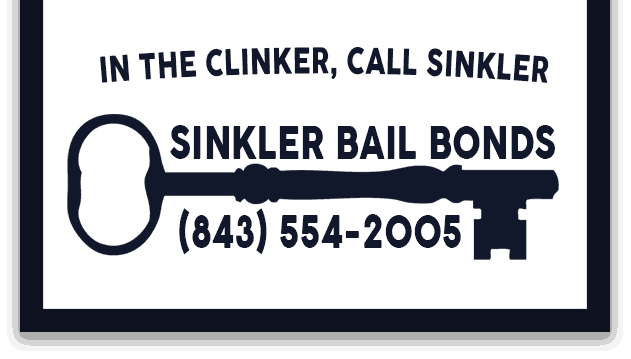24-Hour Bail Bonds – Anytime, Any Jail – Serving all of SC
Call us now at (843) 554-2005
24-Hour Bail Bonds – Anytime, Any Jail – Serving all of SC
Call us now at (843) 554-2005
CHARLESTON | COLUMBIA | AIKEN | NEWBERRY | GREENVILLE
CHARLESTON | COLUMBIA | AIKEN | NEWBERRY | GREENVILLE

How is your bail amount set? A judge’s balancing act

The first thing that pops into your mind when you or someone you know is arrested is “how fast can I get them out of jail?” If you are like most people then you are at least a little familiar with the bail process. What you may not know is how the bail amount is set.
In this article we’ll cover how the judge sets bail and why it might be different for every person.
Bail benefits the defendant and the court system
Before we look at how the judge sets the bail amount let’s look at some of the benefits of bail and why the courts use it.
Bail serves a few important purposes in the legal system. First, it is the court system’s way of saying that you are “innocent until proven guilty.” When the judge releases you on bail they are giving you the benefit of the doubt. This follows along with the 14th Amendment and the Presumption of Innocence.
The second major purpose bail serves is to reduce costs. Keeping you in jail until your court date costs the government a significant amount of money. As an example South Carolina wasn’t included in a 2012 survey, but neighboring North Carolina estimated that annual cost per inmate is $29,965.
The real purpose of bail
The benefits listed above are secondary benefits of bail. The actual reason the American legal system uses bail is to ensure that you show up for your court date. The financial incentive of bail – show up to court or lose your money – is the perfect way to keep the court system running smoothly.
How does the judge set your bail amount?
To set your bail the judge at your bond hearing needs to balance two things.
First they need to make the bail amount large enough that the defendant will show up for court. The judge does this on a case-by-case basis.
For example let’s say two people are arrested for the exact same crime. The only difference between the two people is their net worth. A $1,000 bail amount for someone with a net worth of $10,000 is a much bigger incentive to show up for court. For someone with a net worth of ten million dollars a $1,000 bail amount may not be a large enough incentive.
The second thing the judge must do at your arraignment is to make sure that the bail amount isn’t excessive. This comes straight from the 8th Amendment.
Okay but is that how the bail amount is really set?
A typical arraignment only lasts a few minutes. How is the judge able to determine the bail amount and balance “not enough versus too much” so quickly?
In practice the judge uses a bail schedule to set the bail amount. This is a set bail amount for each crime. If there is nothing out of the ordinary in your arrest the judge will use this set bail amount to speed up the process. This means that it’s often possible to prepay the bail amount when you are paying bail for someone.
Conclusion: The bail amount is usually preset
The judge’s legal responsibility is to set a bail amount that balances getting you to show up to court date while not being excessive. In practice most cases are similar and the judge doesn’t need to spend the time evaluating each in detail. This means that the majority of the time the judge will set your bail amount using a bail schedule. This schedule should be posted at the bond hearing court.
If you have any questions about bail amounts or anything else bail related feel free to call us 24 hours/day.

